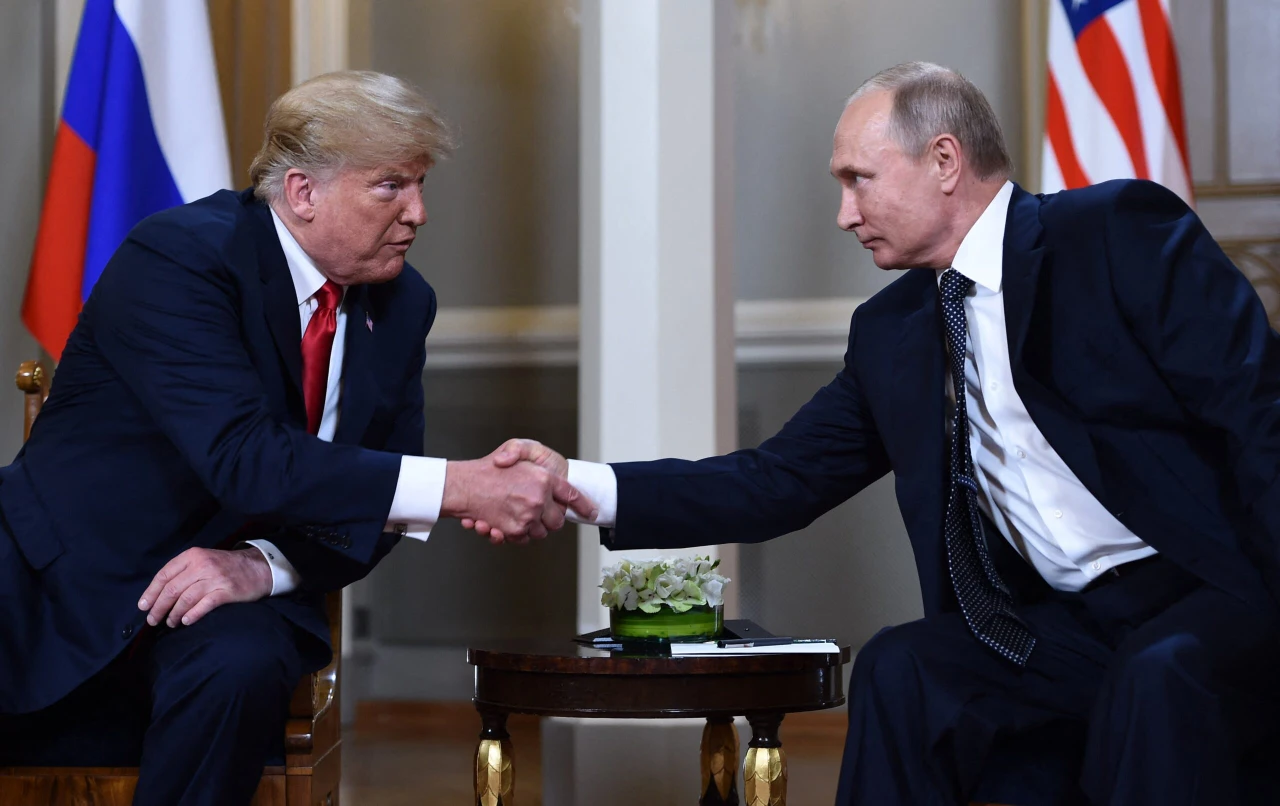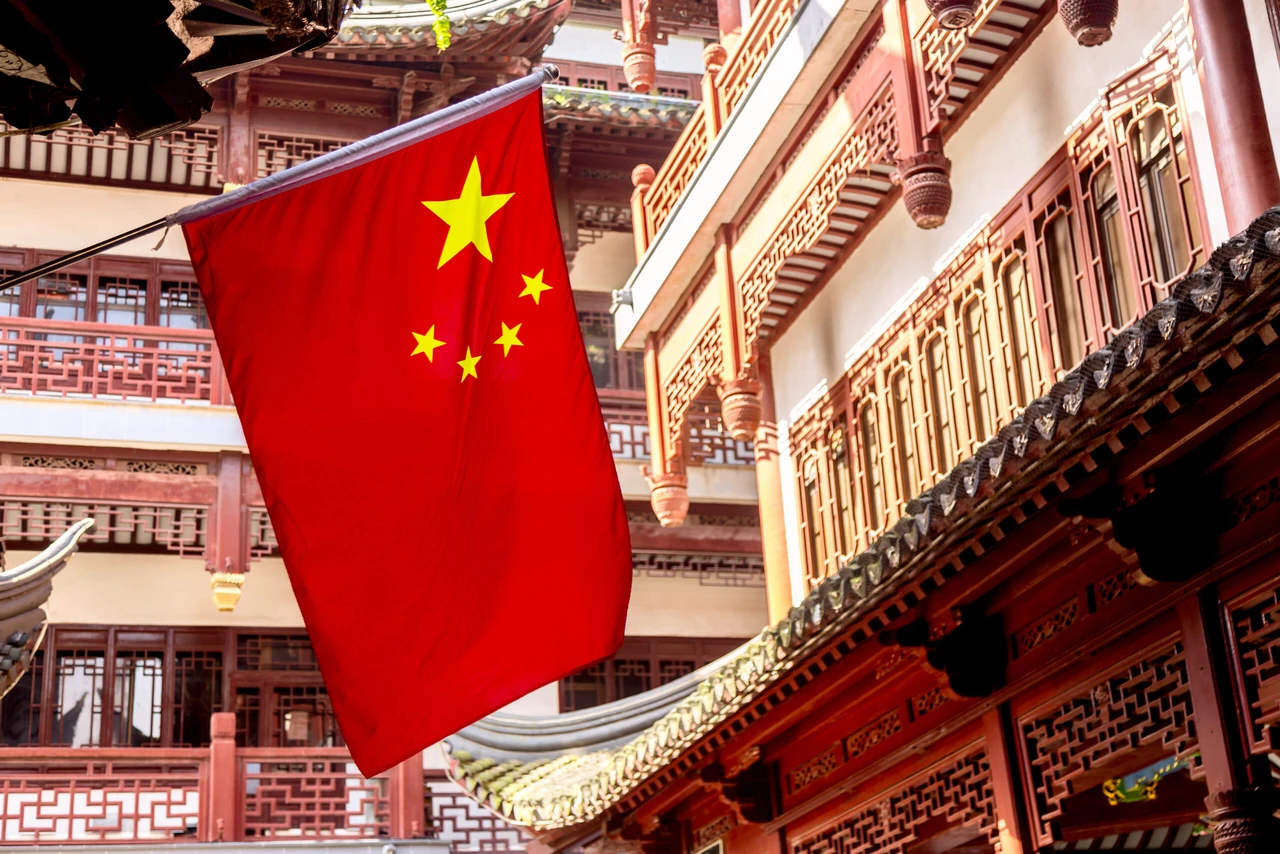Trump suggests Zelenskyy may be ready to give up Crimea to Russia
 US President Donald Trump speaks to the press after arriving on the South Lawn of the White House in Washington, DC, on April 27, 2025. (AFP Photo)
US President Donald Trump speaks to the press after arriving on the South Lawn of the White House in Washington, DC, on April 27, 2025. (AFP Photo)
U.S. President Donald Trump suggested that Ukrainian President Volodymyr Zelenskyy may be prepared to cede Crimea to Russia as part of a potential peace agreement, a position that contrasts with previous Ukrainian statements rejecting such a concession.
Trump reflects on meeting with Zelenskyy at Vatican
Speaking to reporters at Morristown Airport in New Jersey, Trump described his recent face-to-face meeting with Zelenskyy at the Vatican as positive.
Reflecting on the conversation, Trump said, “I think he understands the picture, and I think he wants to make a deal.”
When asked specifically whether he believed Zelenskyy was ready to give up Crimea—territory annexed by Russia in 2014—Trump responded, “Oh, I think so, yes. Look, Crimea was 12 years ago.”
Trump also criticized former U.S. Presidents Barack Obama and Joe Biden, accusing them of allowing Russia to take Crimea without the use of force.
“Don’t talk to me about Crimea. Talk to Obama and Biden. And remember, this is Biden’s war, not Trump’s war. I came to solve a problem—a problem that is causing the deaths of many people,” Trump said.

Trump urges Putin to sign peace agreement
Commenting on Russia’s ongoing attacks against Ukraine, Trump expressed disappointment that missile strikes continued despite diplomatic efforts.
“I was very disappointed that missiles were flying, by Russia,” Trump said. “I want him (Russia’s President Vladimir Putin) to stop shooting, sit down, and sign the deal.”
Asked if he trusted Russian President Vladimir Putin, Trump said, “I’ll let you know in about two weeks,” without providing further details.
Trump emphasized that there are “confines of a deal” already in place and that he wants Putin to sign it and “be done with it.”
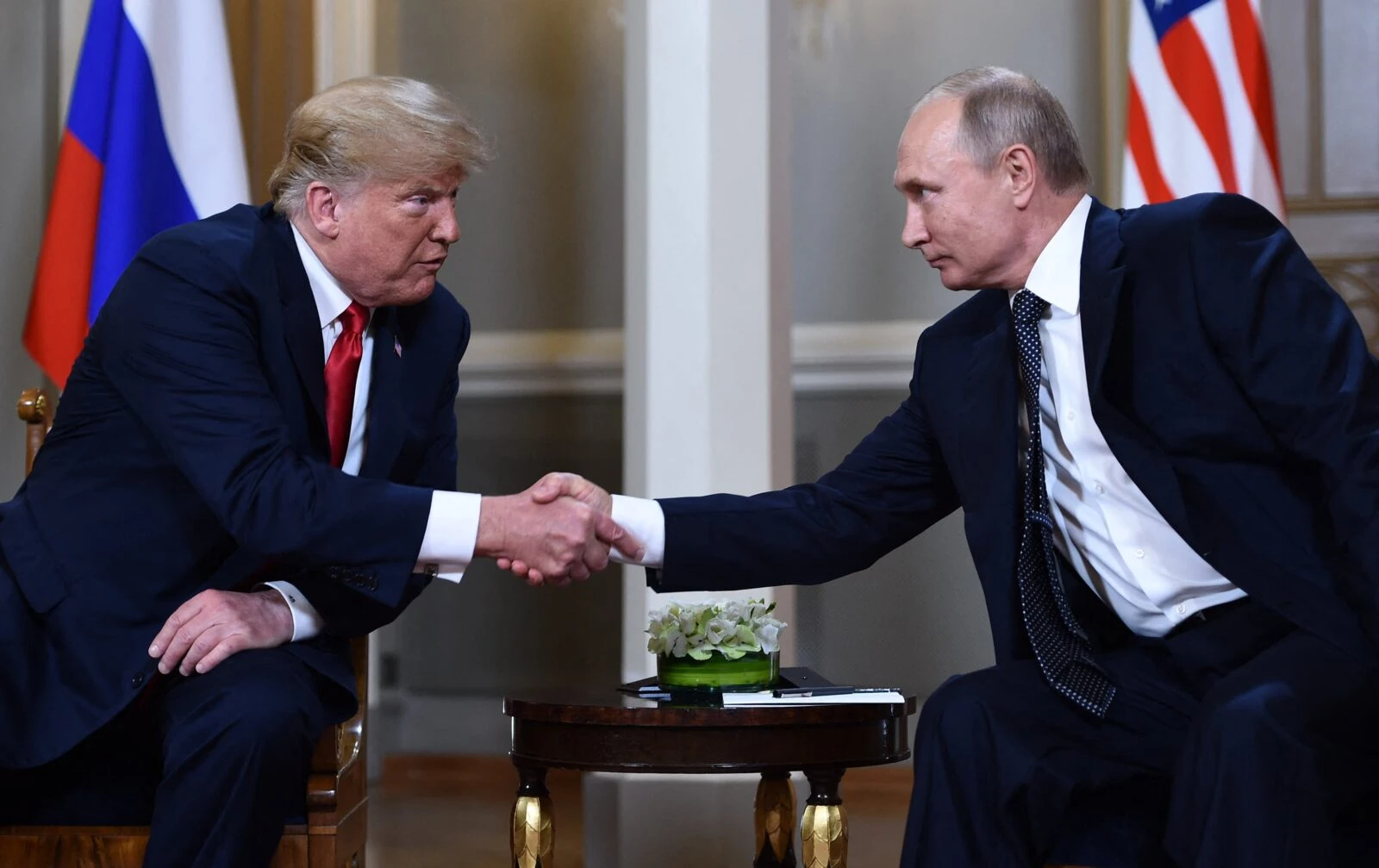
Improved relations with Zelenskyy after Vatican meeting
Trump noted that his relationship with Zelenskyy had improved after their Vatican meeting.
“It was never bad. We had a little dispute because I disagreed with something he said while the cameras were rolling, but that was okay,” he explained.
Trump described Zelenskyy as “calmer” compared to their previous encounters and suggested the Ukrainian leader is more willing to seek a diplomatic solution.
“He’s in a very tough situation, fighting a much bigger force,” Trump said. “But I see him as wanting to make a deal now.”
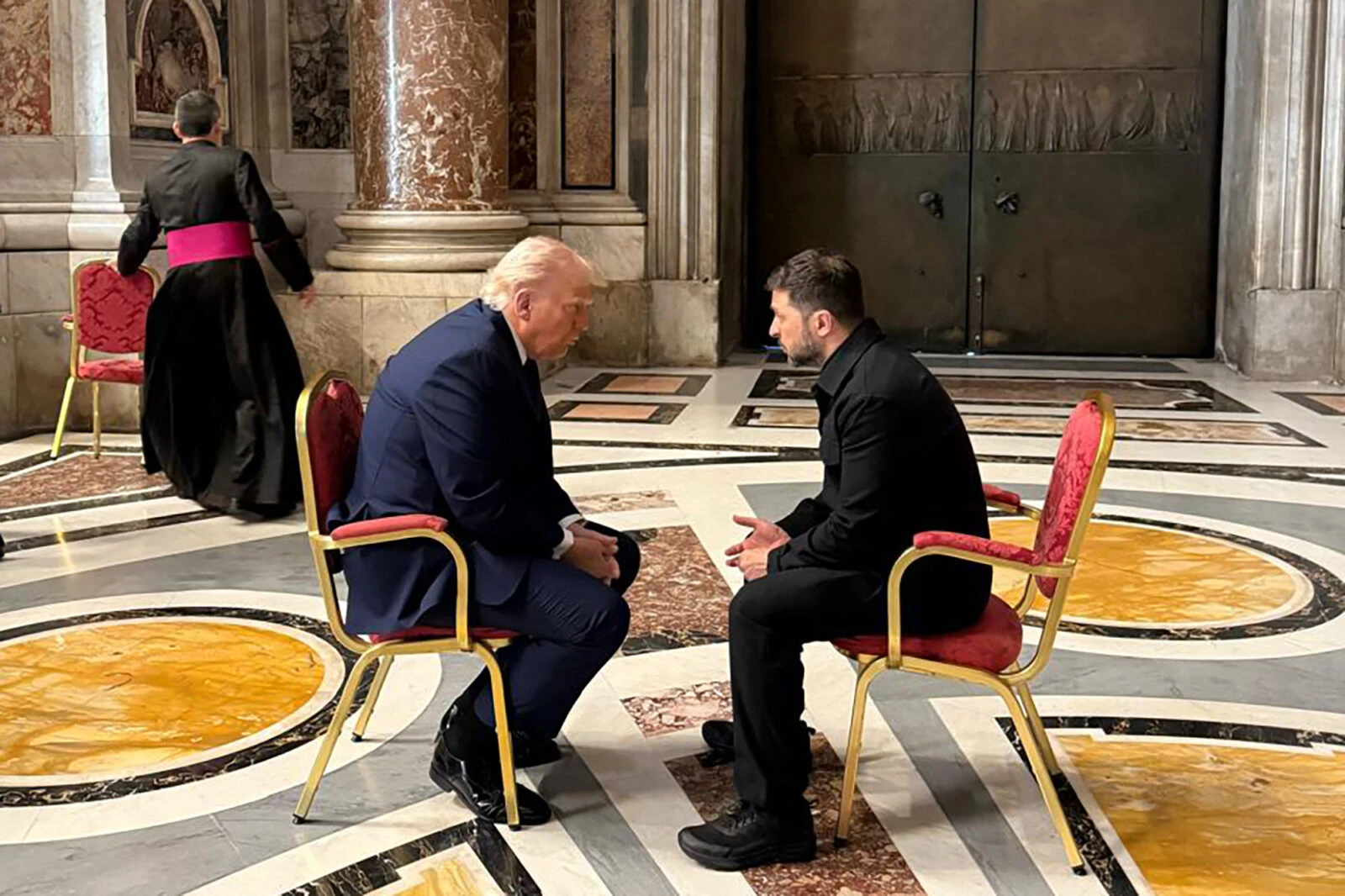
Other comments on international and domestic issues
Beyond Ukraine, Trump briefly discussed trade relations with China, claiming there was “a little bit” of progress, although Chinese officials have indicated no formal talks are underway.
He also commented on the reported death of Virginia Giuffre, a key figure in the Jeffrey Epstein case, calling the situation “very sad.”
Trump reiterated his belief that progress is being made toward a nuclear agreement with Iran, stating, “I think something will happen before bombs start falling everywhere.”
Lavrov: Russia will not negotiate over Crimea, supports US-Iran talks
Russian Foreign Minister Sergey Lavrov said Moscow will not discuss Crimea’s status under any negotiation, reiterating that the region remains a part of Russia.
Speaking to CBS News, Lavrov addressed issues related to a possible Russia-Ukraine ceasefire, U.S.-Iran relations, Ukraine’s NATO aspirations, and alleged satellite weaponization.
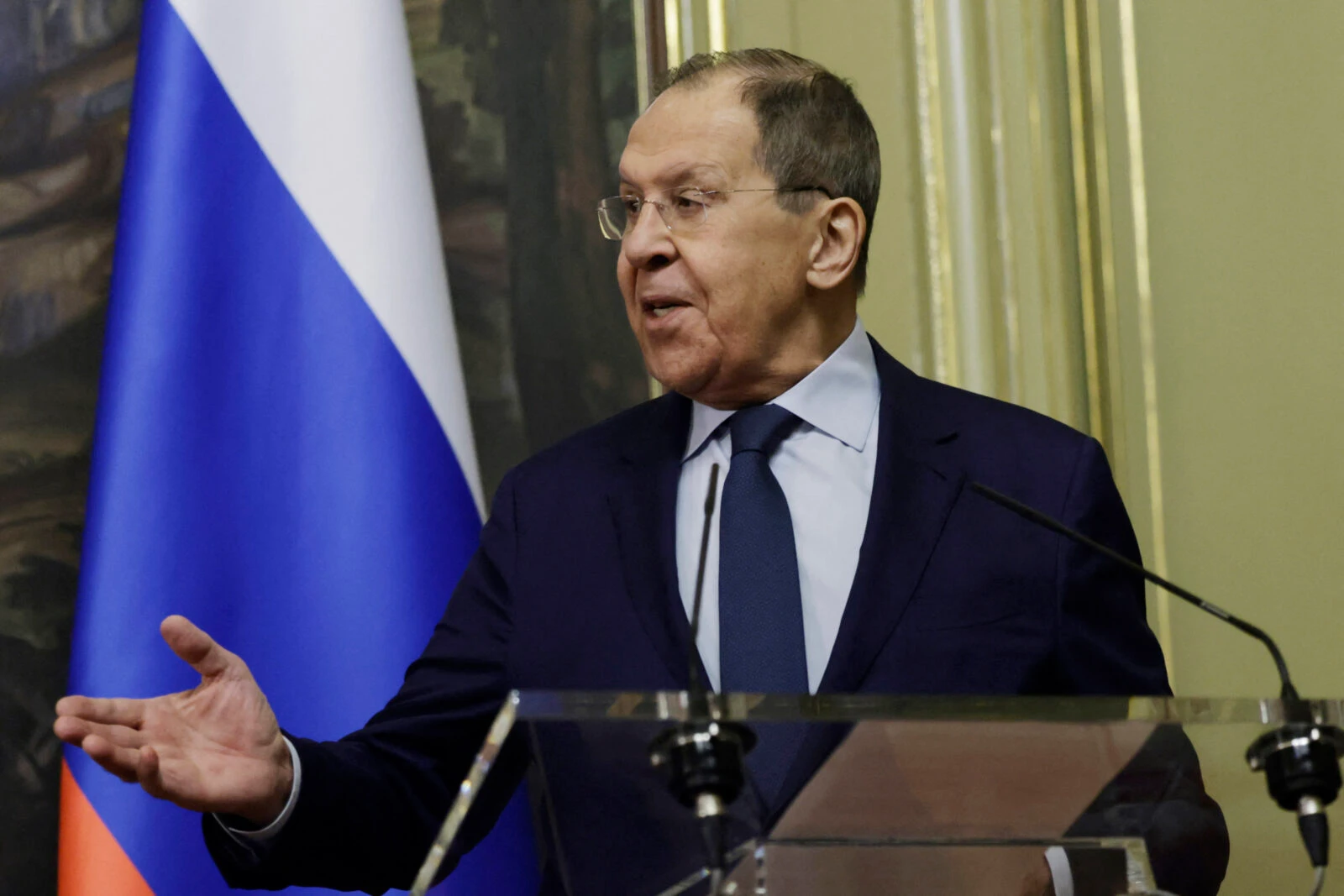
Crimea ‘not negotiable,’ Lavrov asserts
Lavrov emphasized that Crimea, which Russia annexed from Ukraine in 2014, is off the table in any diplomatic negotiations.
“Russia does not negotiate its own territory,” Lavrov said.
He defended Russian military operations, asserting that Russia targets only military sites, in contrast to claims made by Zelenskyy following recent strikes in Kyiv that killed 12 civilians.
Russia open to cease-fire but with conditions
Lavrov confirmed that Putin supports a proposed 30-day cease-fire suggested by Washington but stressed that any agreement must not serve to strengthen Ukraine’s military capabilities.
“We are moving in the right direction regarding the ceasefire,” Lavrov stated, noting ongoing communication with U.S. officials.
Lavrov described Trump as “the only leader who addresses the root of the problem” and endorsed Trump’s skepticism regarding Ukraine’s NATO membership, calling it “a major mistake.”
He criticized European leaders’ position supporting a ceasefire that could benefit Ukraine militarily, adding, “If the goal is to strengthen Ukraine, I don’t think President Trump would support that.”
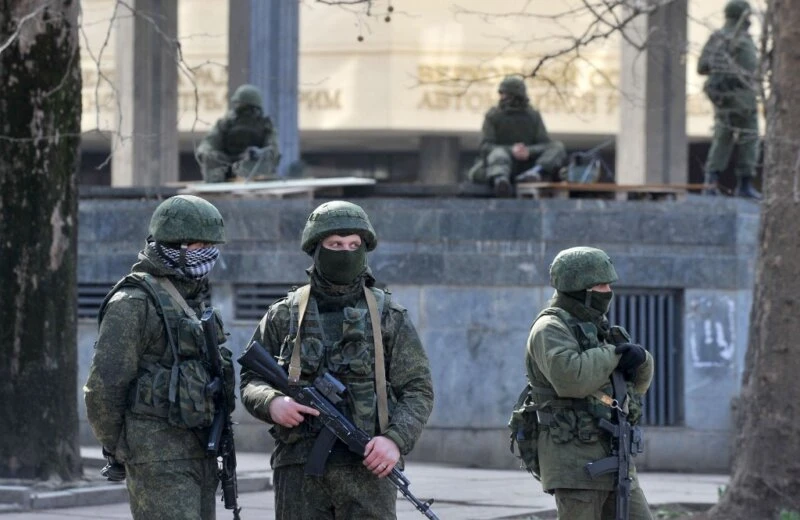
On a potential Trump-Putin meeting
Lavrov acknowledged the possibility of a future Trump-Putin meeting, saying, “Trump mentioned planning a meeting around mid-May and may propose dates after that. I have nothing further to add.”
Regarding the ongoing U.S.-Russia discussions in Riyadh, Lavrov stressed that both nations pursue their own interests, and any clash would carry the responsibility of major powers.
